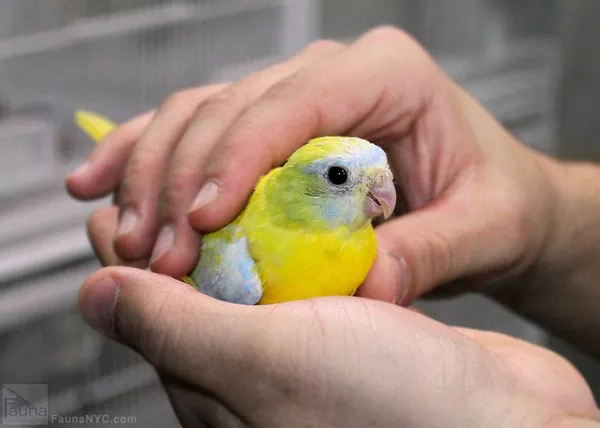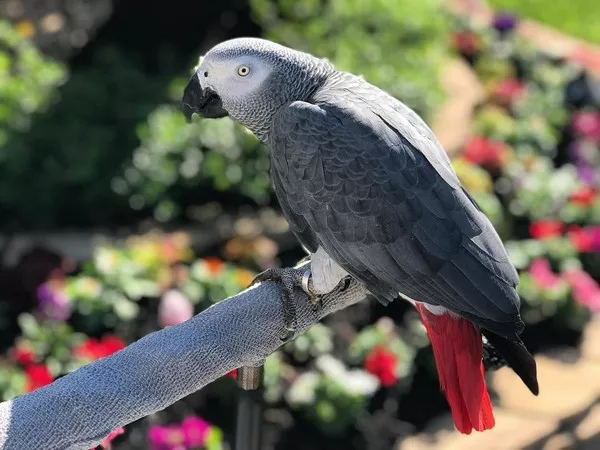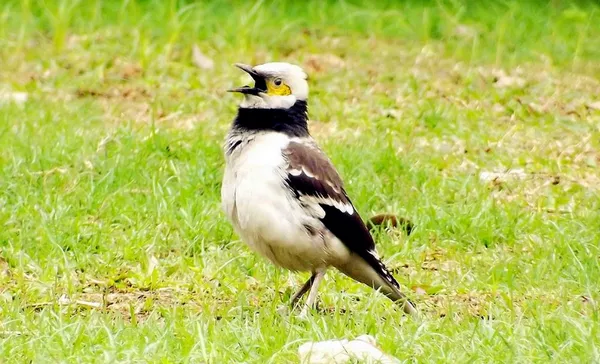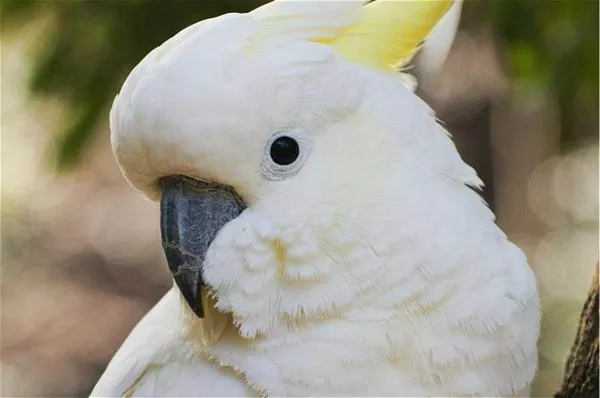Ringneck parrots, also known as Indian Ringneck parrots, are popular pets known for their beauty and intelligence. These birds are native to India and surrounding regions and have been kept as pets for centuries due to their ability to mimic human speech and their vibrant colors. In fact, ringneck parrots are one of the most popular parrot species kept as pets worldwide.
One of the most important aspects of owning a ringneck parrot is providing them with a balanced diet that meets their nutritional needs. Today, we will explore what ringneck parrots eat and why a varied diet is essential for their health.
The Basics of Ringneck Parrot Nutrition
Ringneck parrots are omnivores, meaning that they consume both plant matter and small amounts of animal protein. In the wild, they primarily feed on seeds, fruits, and vegetation found in their natural habitat. However, when kept as pets, it’s essential to ensure that they receive a nutritious and balanced diet to prevent health issues.
Seed-based diets were once the go-to diet for ringneck parrots, but research has shown that this type of diet is deficient in many vital nutrients. Feeding your bird only seeds can lead to obesity and malnutrition, which can result in serious health problems, such as fatty liver disease and metabolic bone disease. A healthy diet for your ringneck parrot should consist of a variety of fresh fruits and vegetables, along with some high-quality pellets and occasional treats.
Variety is Key
A diverse diet is essential for ringneck parrots because it provides them with the necessary nutrients required for optimal health. Feeding your bird the same foods every day can lead to nutrient deficiencies, digestive problems, and loss of appetite. Therefore, it’s crucial to offer your bird a variety of fruits and vegetables, including leafy greens like kale and spinach, as well as carrots, sweet potatoes, and berries.
It’s essential to remember that not all fruits and vegetables are safe for your ringneck parrot to eat. Some foods, such as avocado, chocolate, caffeine, and alcohol, should be avoided as they can be toxic to birds. Additionally, fruits high in sugar like mangoes and grapes should be given in moderation.
- Pellets
Along with fresh fruits and vegetables, pellets are an essential part of a ringneck parrot’s diet. High-quality pellets provide a balanced mix of nutrients that are necessary for your bird’s health. Pellets are available in many different varieties, so it’s important to choose one that meets your bird’s specific needs. Some pellets are designed for specific types of birds, while others are formulated for different stages of life.
When choosing pellets for your ringneck parrot, it’s important to select a brand that does not contain any harmful additives, artificial colors, or preservatives. Look for brands that use natural ingredients and clearly list the nutritional information on the packaging.
- Treats
While treats can be a great way to bond with your ringneck parrot, they should only make up a small portion of their diet. Feeding your bird too many treats can lead to obesity and other health issues. When choosing treats, opt for healthy options like unsalted nuts, cooked beans, and whole-grain bread.
It’s important to avoid giving your bird junk food or highly processed snacks, as these can be harmful to their health. Additionally, never give your bird any food that contains caffeine, chocolate, alcohol, or other toxic substances.
- Water
Water is just as important as food when it comes to maintaining the health of your ringneck parrot. Make sure your bird has access to clean, fresh water at all times. Change your bird’s water frequently, especially during hot weather when the water can become contaminated more quickly.
It’s also important to note that some ringneck parrots enjoy taking baths. Providing a shallow dish of water for your bird to splash around in can help keep them clean and healthy.
In conclusion, providing your ringneck parrot with a varied diet that includes fresh fruits and vegetables, high-quality pellets, and occasional treats is essential for their overall health and well-being. While seed-based diets were once popular, research has shown that they do not provide the necessary nutrients required for optimal health. Always consult with your veterinarian if you have any questions or concerns about your bird’s diet.
With proper nutrition and care, your ringneck parrot will be happy, healthy, and thriving for years to come.
Recommended reading:


























